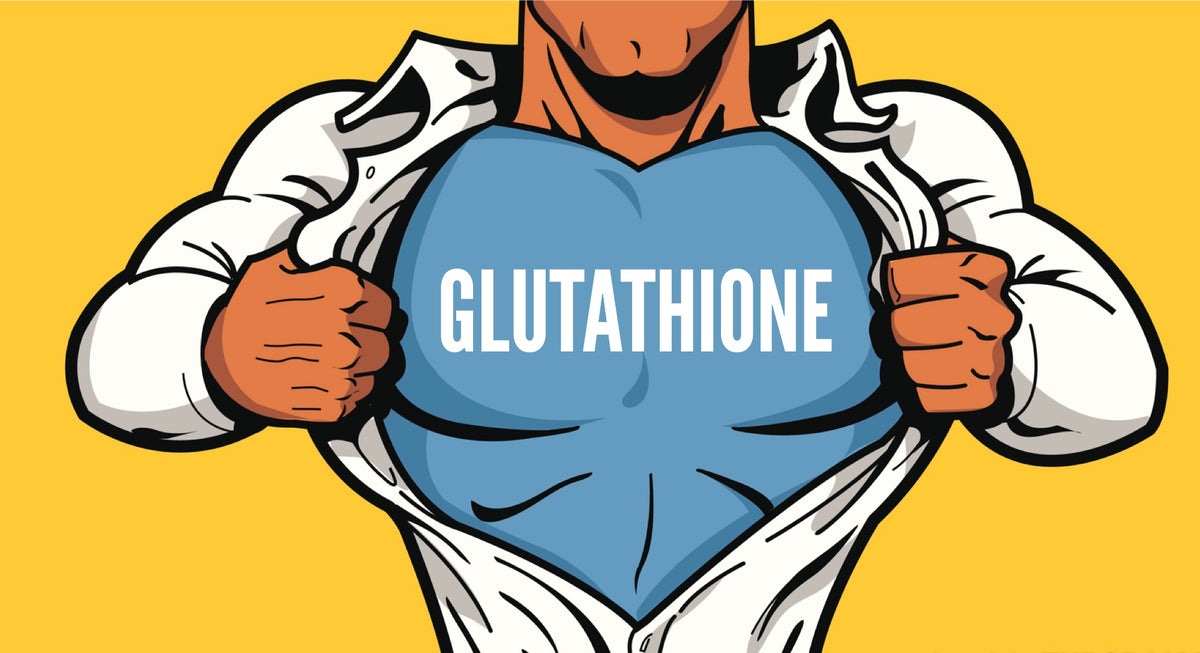Epilepsy is a neurological imbalance in which a person loses consciousness due to excessive electric discharge of cerebral neurons. Epileptic attacks can last from a few seconds to a few minutes. Ayurveda calls epilepsy apasmara and the attacks or convulsions are known as akshepaka. It is a chronic condition, which often needs a long-term management plan of diet and lifestyle adjustments, ayurvedic treatments, and herbal medications.
Types of epilepsy in Ayurveda
Ayurveda categorizes epilepsy into four types, depending upon which dosha is most out of balance.
- Vataj seizures (caused mainly by corrupted vata) last for a shorter time (relatively), increase respiratory rate, cause secretion of foam from the mouth and abnormal body movements during fits.
- Pittaj seizures (caused mainly by corrupted pitta) cause a yellowish or reddish tint on the body, lots of sweating, yellowish foam from the mouth. Patients experience hotness in the body and severe thirst after the seizure.
- Kaphaj seizures (caused mainly by corrupted kapha) last for a longer time (relatively), produce whitish foam from the mouth, and the patient experiences heaviness in the body after the seizure.
- Sannipatik seizures are caused by corruption of all three doshas, and therefore have mixed characteristics.
Causative factors
According to Ayurveda, the causes of epilepsy are:
- long-term consumption of unwholesome food and habits by a person with delusional mind
- long term grief, passion and anger
- subconscious fear and hatred
- unethical regimens, celebrations, and recreations
- debilitated mind
- corrupted, out of balance doshas.
Features of epilepsy
- Convulsions with teeth biting
- Dribbling of frothy saliva
- Difficult and laboured breathing
- Roughness of the body
- Discoloration of the body surface
- Involuntary speech or murmuring
- Head retraction to one side
- Constriction of the fingers
- Unstable movements of the limbs.
Ayurvedic management of epilepsy
Ayurvedic management of epilepsy strengthens the brain and restores the proper function of the nervous system. Nourishing herbs with a tonic effect are prescribed along with diet and lifestyle adjustments that emphasise a light, easily-digestible diet and low levels of mental strain. An epilepsy management plan emphasises:
- panchakarma (ayurvedic detox), purgation, emesis and nasal medication (vamana, virechana and nasya)
- psychological assistance / assurance (ashwasana)
- specific herbal formulations to strengthen the body and mind
- rejuvenatory therapy (rasayana)











